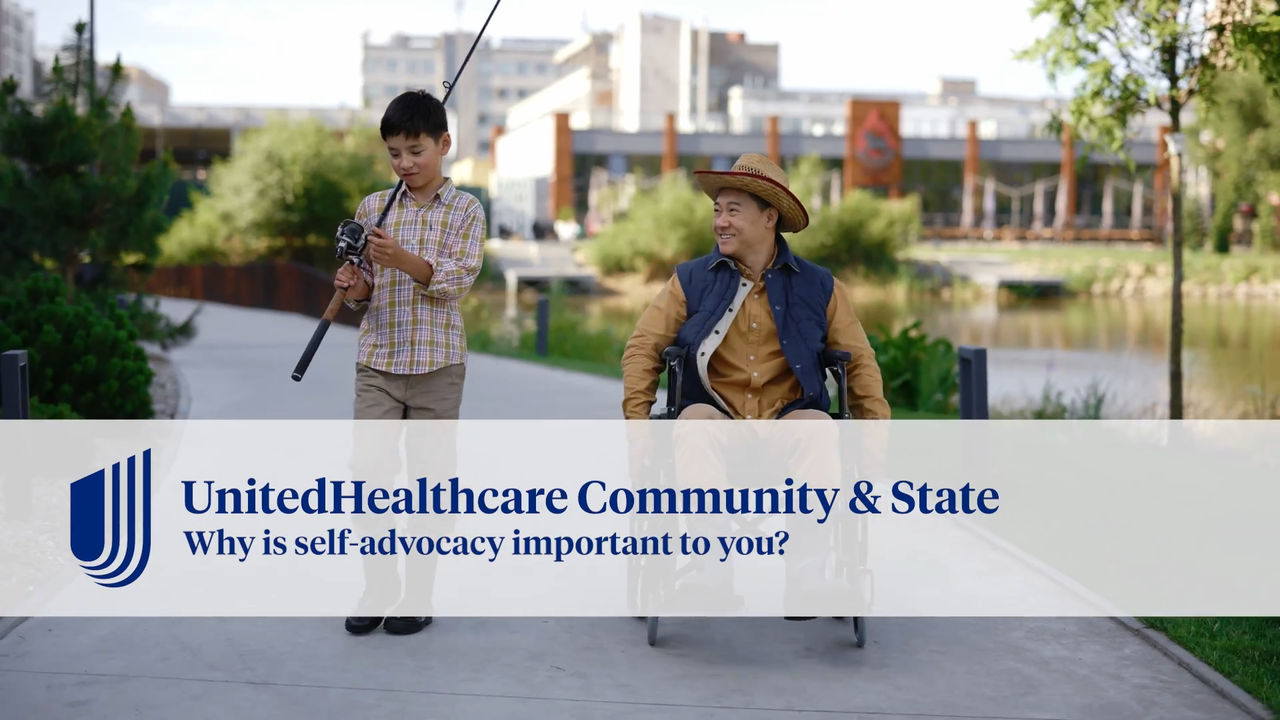Disability Pride Month is celebrated each July to commemorate National Disability Independence Day, which marks the anniversary of the Americans with Disabilities Act (ADA) which was signed into law on July 26, 1990.
The ADA granted individuals with disabilities the right to the same access and opportunities as those without disabilities. On this day, and throughout Disability Pride Month, we honor the progress that has been made in the fight for disability rights and recognize the work that still needs to be done to ensure that individuals with disabilities have full access to their rights.
Our commitment to self-advocacy
An important aspect of the ADA is that it recognizes that every person has a voice and the agency to speak up for what they want and need. Self-advocacy is a journey in the practice of speaking up for yourself and communicating your rights and needs. Self-advocacy can change one’s own life experience and lead to important changes for many people. It is critical that everyone learns how to speak up for themselves especially when it comes to health care. Historically, people with disabilities, especially those with intellectual and developmental disabilities, have experienced barriers to the quality care they are entitled to. Thanks to the ADA and the Affordable Care Act, a law which added provisions beyond the ADA to improve access to health care for people with disabilities, we are making health care more accessible for all. Thanks to self-advocates who have spoken up and demanded access to care, we are continuing to make progress in realizing the promise of the ADA.
At the National Association of Councils on Developmental Disabilities (NACDD), we define self-advocacy as having three stages:
- Advocating for yourself and your needs
- Advocating for yourself and others with similar needs to your own
- Advocating for yourself, other and systems change (changing laws, practices, or attitudes that affect many people)
Self-advocacy across these three stages is important as it helps us move from addressing our own needs to helping change entire communities now and for the future. When we do this, we make the world a better place for all.
This year, UnitedHealthcare’s National Advisory Board (NAB) is making self-advocacy a top priority. The NAB is working to support self-advocates to speak for themselves, and to improve health care systems through policy change. By bringing together self-advocates, health care providers, and policymakers we are creating better access for people with disabilities who also are often intersectional with BIPOC communities, LGBTQ+, and low-income earners. By lifting up all voices, educating others about what we need to be healthy and productive, we are making a difference. In the coming months, we will launch a video series featuring conversations about why self-advocacy is important and how it evolves throughout the different stages of life.
Join me in honoring National Disability Independence Day as we commit to ensuring individuals with disabilities have full access to their rights. To learn more, please watch the video link from members of the NAB about why self-advocacy is important to them.
